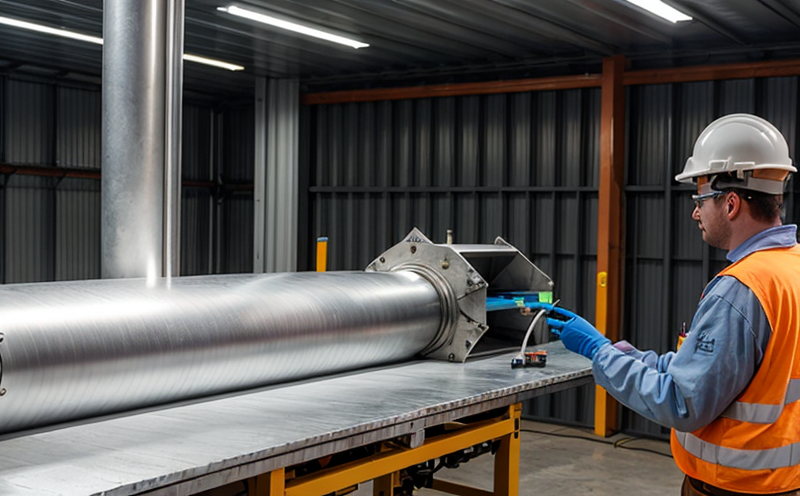IEC 61853 Energy Performance Testing of PV Materials
The International Electrotechnical Commission (IEC) standard IEC 61853 is a pivotal document in the field of photovoltaic (PV) materials testing. This standard provides methodologies for evaluating the electrical performance and durability of solar cells, panels, and related components under various environmental conditions. The primary purpose of this test is to ensure that PV materials meet specified energy efficiency standards and perform reliably over their intended lifetime.
The IEC 61853 series encompasses several parts which address different aspects of photovoltaic material performance testing:
- IEC 61853-1: Test methods for silicon-based solar cells
- IEC 61853-2: Test methods for thin-film solar cells
- IEC 61853-3: Test methods for concentrator photovoltaic (CPV) modules and systems
- IEC 61853-4: Test methods for bifacial photovoltaic (PV) modules
- IEC 61853-7: Test methods for solar control films
The tests outlined in IEC 61853 are critical for manufacturers, researchers, and quality assurance teams to ensure that PV materials meet international standards. By adhering to these guidelines, stakeholders can validate the performance of their products under realistic operating conditions.
One of the key aspects of this testing is the ability to accurately measure the electrical characteristics of solar cells. This includes parameters such as open-circuit voltage (Voc), short-circuit current (Isc), fill factor (FF), and efficiency. These metrics are essential for understanding the intrinsic quality of PV materials and their potential in real-world applications.
The testing process typically involves rigorous specimen preparation to ensure that the samples are representative of the actual products they will serve. This includes cleaning, drying, and sometimes conditioning specimens under specific environmental conditions before measurement. The apparatus used in these tests can vary depending on the type of PV material being evaluated, but it generally includes specialized equipment for measuring electrical parameters with high precision.
The acceptance criteria specified in IEC 61853 are stringent to ensure that only materials meeting international standards are approved. Compliance with these criteria is critical for manufacturers who aim to meet regulatory requirements and gain market access in countries that adhere to these standards.
In real-world applications, the results of IEC 61853 testing play a crucial role in quality assurance and reliability assessment. For instance, after undergoing this test, PV materials can be expected to perform consistently over their operational lifespan under various environmental conditions. This is particularly important for solar panel manufacturers who need to ensure that their products will withstand the rigors of outdoor use.
Another critical application of IEC 61853 testing is in research and development (R&D) environments. Researchers can use these standardized methods to compare different materials or processes, identifying improvements and innovations that enhance performance and efficiency. This standardization allows for a level playing field across the industry, fostering innovation while maintaining high standards.
The impact of IEC 61853 testing extends beyond just ensuring compliance with regulations; it also contributes significantly to reducing costs associated with product failures in the field. By identifying potential issues early through rigorous testing, manufacturers can improve product quality and reduce售后





